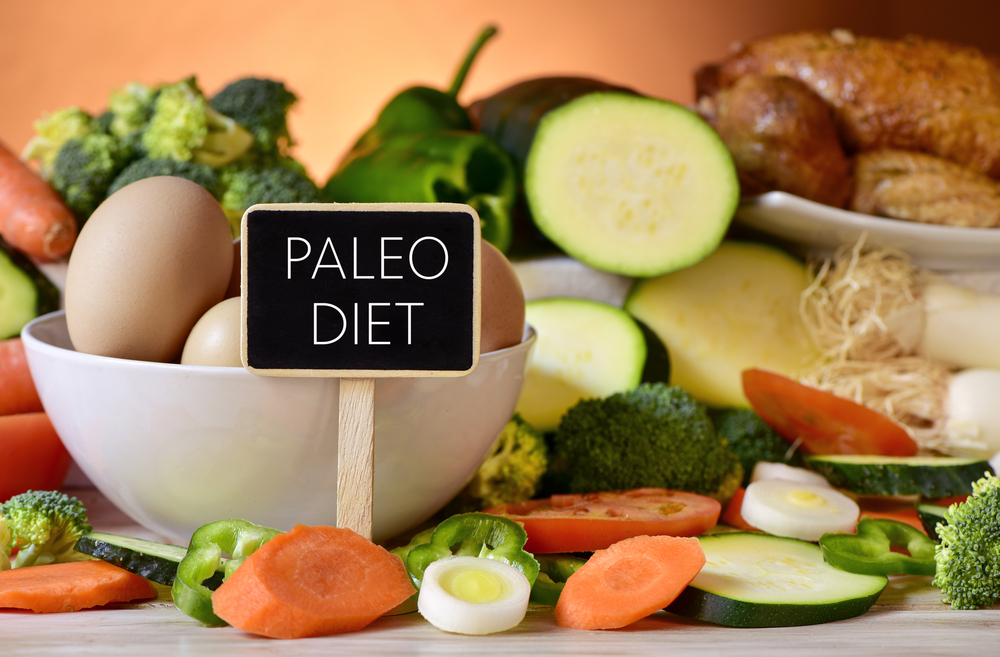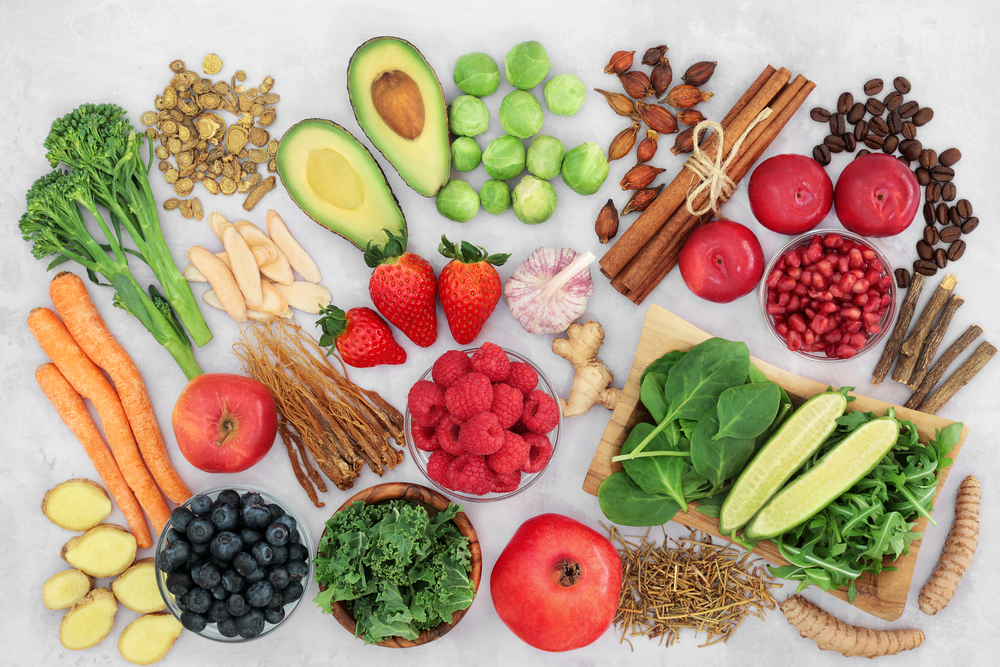What is the Paleo Diet
What is the Paleo Diet
When talking about diets, there are different types of diets to choose from depending on your need. Diets such as keto, low-carb, and vegan diets are the diets adopted by individuals based on their needs and preferences. The Paleo diet is another diet type that has existed for a long time and is implemented to suit individual's needs. Below is what the paleo diet is.
Paleo relates to the geological past, which means early or ancient. A paleo diet typically includes lean meats, fish, fruits, nuts, seeds, and vegetables. Other names for a paleo diet include paleolithic food, stone-age diet, and caveman diet. The paleo diet intentionally resembles what human hunter-gatherer ancestors ate thousands of years ago. The agricultural farm changed what people ate and established dairy farms, grains and legumes as extra staples in human foods. This comparatively late and quick change in diet, according to studies, outpaced the body’s potency to adapt. This mismatch is perceived to be a tributary cause of obesity, diabetes, and heart diseases. In its original form, the paleo diet allows you to take only those foods that humans ate when they first roamed the planet around 2.5 million years ago.
Foods you can and cannot eat when on the Paleo Diet
Foods to eat when on a paleo diet are:
- Non-starchy vegetables, herbs, and spices.
- Eggs (rather free-range)
- Fish (including mollusk)
- Healthy fat and oil decrease
- Game animals such as venison and bison
- Fruits such as cantaloupe, mango, and strawberries.
Some foods to avoid in the paleo diet are:
- Refined sugar
- Processed foods
- Grains
- Most dairy products
- Vegetables oil such as sunflower, corn oil, soybean oil, and trans fats.
Any food that was not readily available to Paleolithic humans is out-of-bounds in this diet.
What are the Benefits of the Paleo Diet?
- Several studies indicate that this diet can lead to necessary weight loss (without calorie caution) and cause improvements in health.
- Diet high in protein can have a positive effect on weight control, as protein intake reduces appetite and keep you full for long.
- salt and processed foods makes this low-sodium diet ideal for people with high blood pressure.
A paleo diet helps prevent or control diabetes. While most diabetes experts commend a diet that includes whole grains and dairy products, some studies support the paleo diet for diabetes control.
Promotes healthy blood glucose; further studies on the paleo diet had convincing results regarding blood glucose. However, these studies have small samples. More research needs to be done to understand paleo as a diet and lifestyle information.
- Improved insulin sensitivity
- Lower blood pressure
- Improved cholesterol balance
- Weight management
- Improves satiety
The paleo diet emphasizes eating a broad diversity of abundance of vegetables, which research shows is necessary for good health. Also, foods such as snack bars, which don't have cane sugar, grains, or legumes but are still highly processed, do not truly fit in a non-processed, whole-food dietary design, irrespective of the label.
In Conclusion
Modern foods are to a great extent processed, reliant on grains, sugars, and modified fats. Most of the continuing health concerns can be linked to foods we eat today. Paleo diet posits that our food may be contributing to these diseases.
Most people shifting to a paleo diet will need to increase their vegetable and fiber ingestion. These are essential for gastrointestinal wellness and overall inflammation levels.
When implementing any diet, it is vital to pay close observation to your feelings, and to talk to your doctor about cholesterol and blood sugar changes, and to ensure that the paleo diet is good for your body.
Since Paleolithic diets would have varied greatly between hunter-gatherers depending on their geography, some people may need new individuation from the advanced version of the paleo diet to find support.
Finally, exercise is recommended on the paleo diet, notwithstanding they didn’t think of it as “exercise” as hunter-gatherers of the paleolithic era were always on the move.





Comments (0)